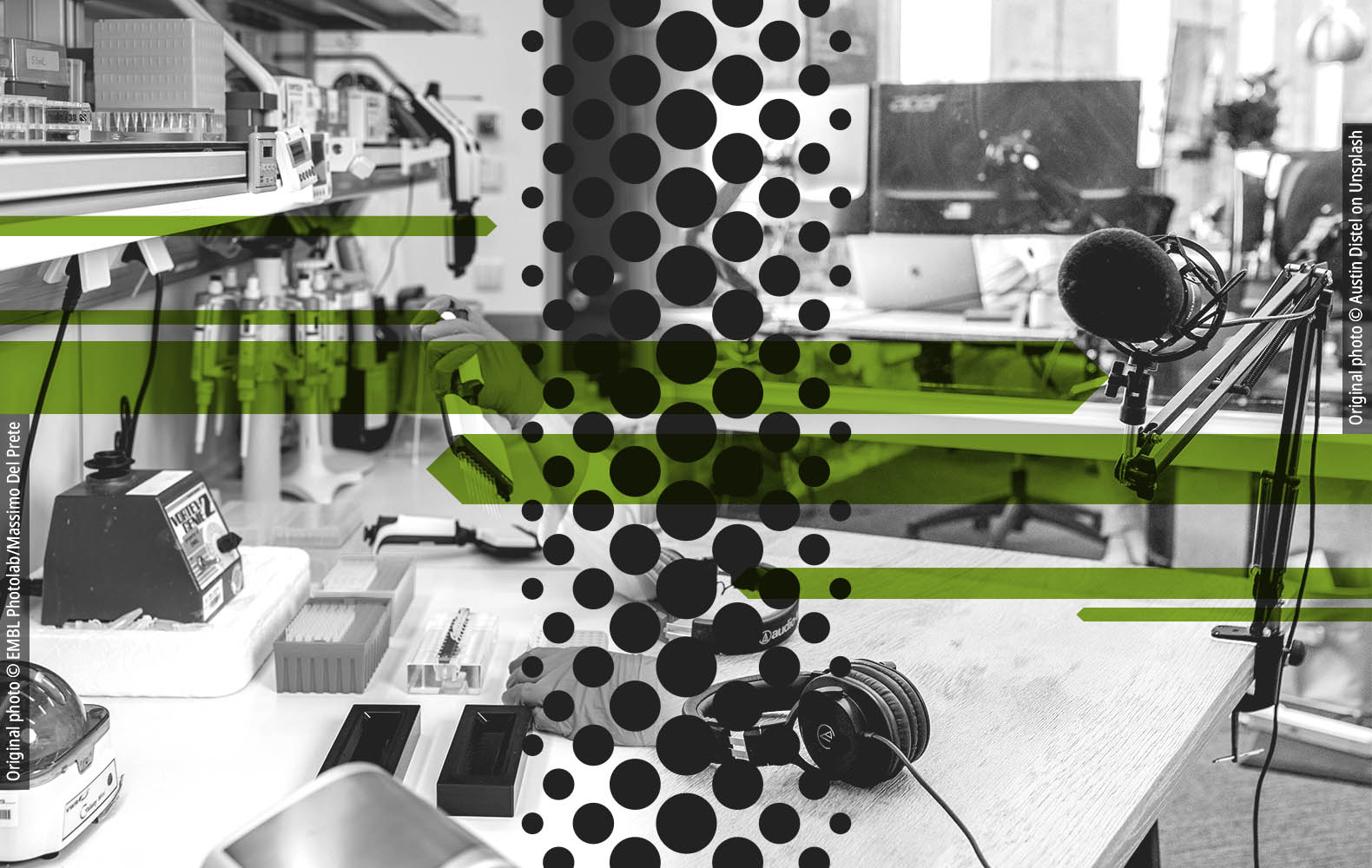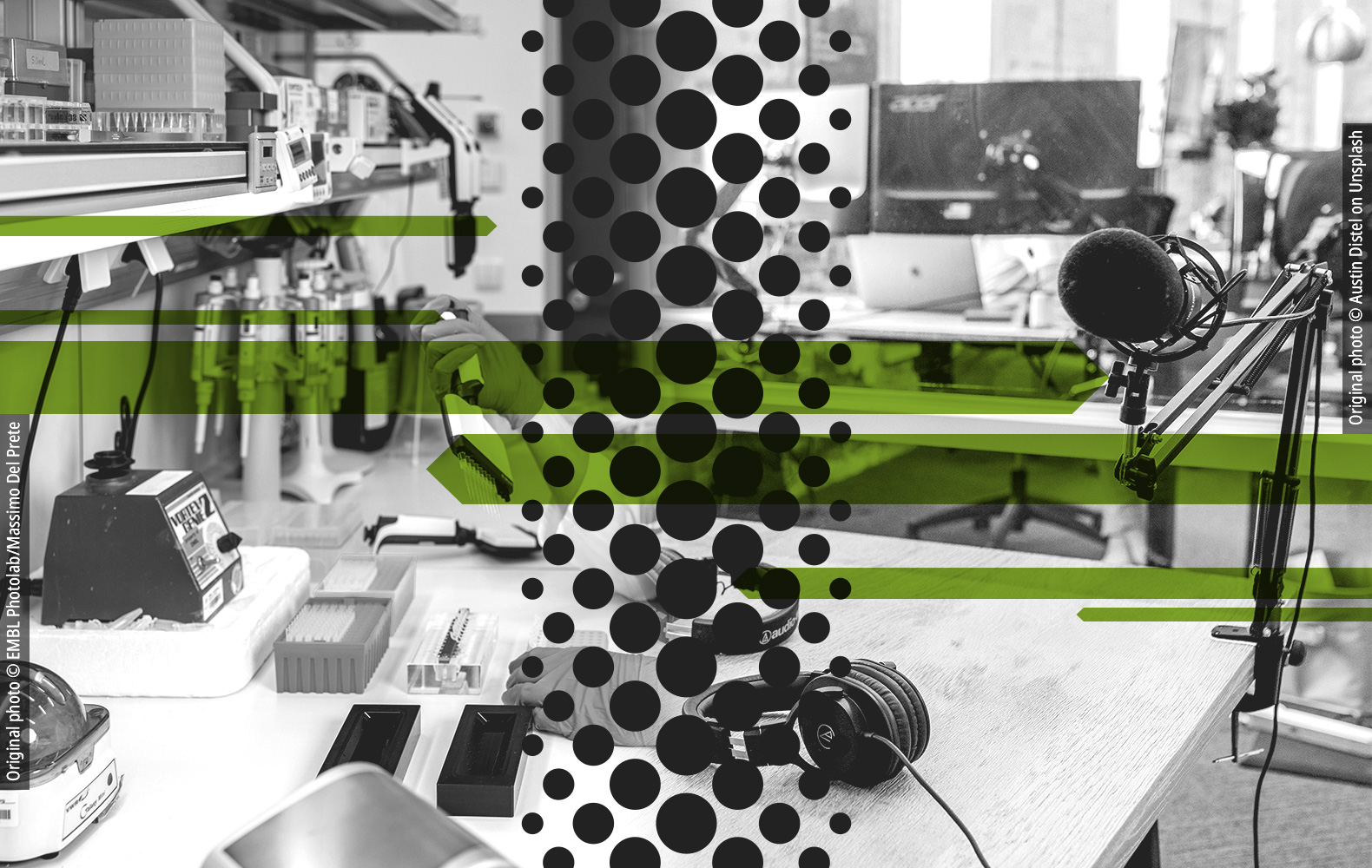Tom Kern had doubts: would he like journalism, or be any good? Did he even know how to become a journalist? After nine months as a science journalism fellow with leading German news outlets those doubts are largely gone. “Networking is really important for being an independent journalist, and when I have a good topic or text, I know exactly how to sell it now,” he says. “I also know there are others who came from science and are now great journalists, and I know how they made it.”
Kern did a Master’s degree in neuroscience but was concerned about a lack of public awareness of and even distrust in science. “Many techniques that are part of the everyday toolbox of neuroscientists seem almost inexplicably magic to people outside the field,” he says. “If this rapidly advancing field stays out of the spotlight, future innovations will be met with skepticism and make it harder for neuroscientific arguments to be considered by policymakers.”
His Maria Leptin | EMBO Science Journalism Fellowship enabled internships in the newsroom and data journalism department of the Süddeutsche Zeitung, Germany’s second largest daily newspaper, which published several of his articles. A subsequent internship and more publications followed with specialist science magazine and website Spektrum der Wissenschaft, and then a longer internship with German broadcaster WDR.
“WDR is the biggest German public broadcaster and traditionally does radio and TV but also podcasts, YouTube, Instagram and TikTok,” Kern says. “It is great to see how they use newer forms of communication to reach younger people.”
Kern was funded for 12 months and says he now has the experience and CV needed to apply to journalism schools or work as an independent journalist. “Without the financial support none of these internships would have been possible,” he says. “I am absolutely committed to science journalism as my profession. It is not only important, but also really fun.”



